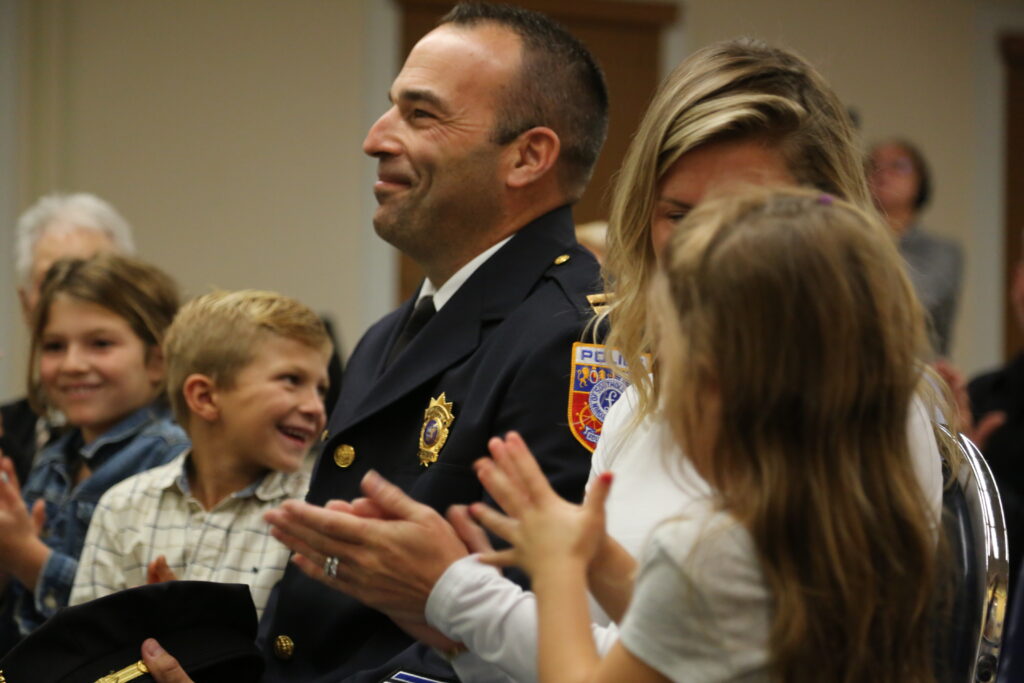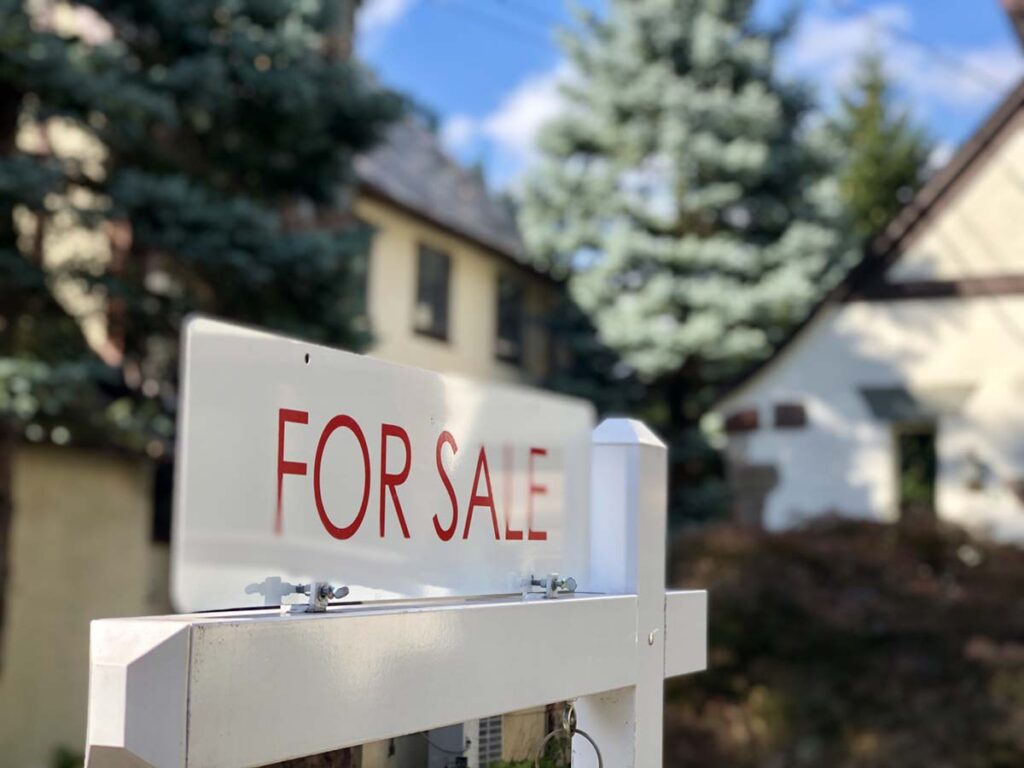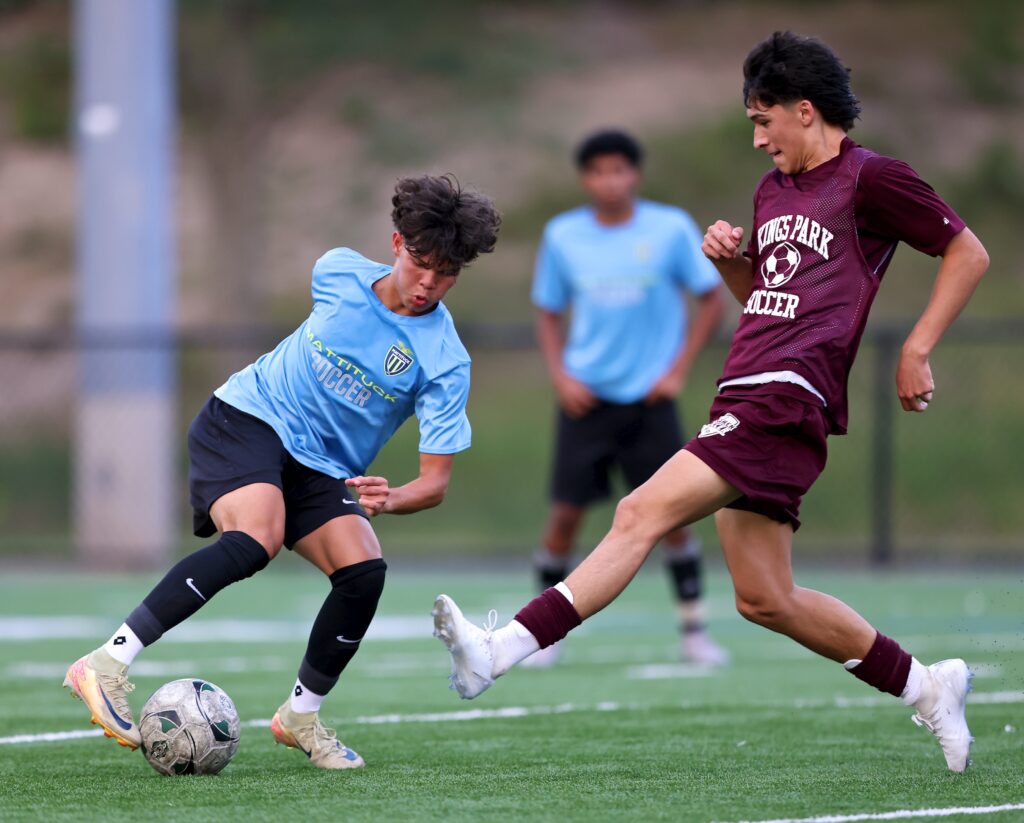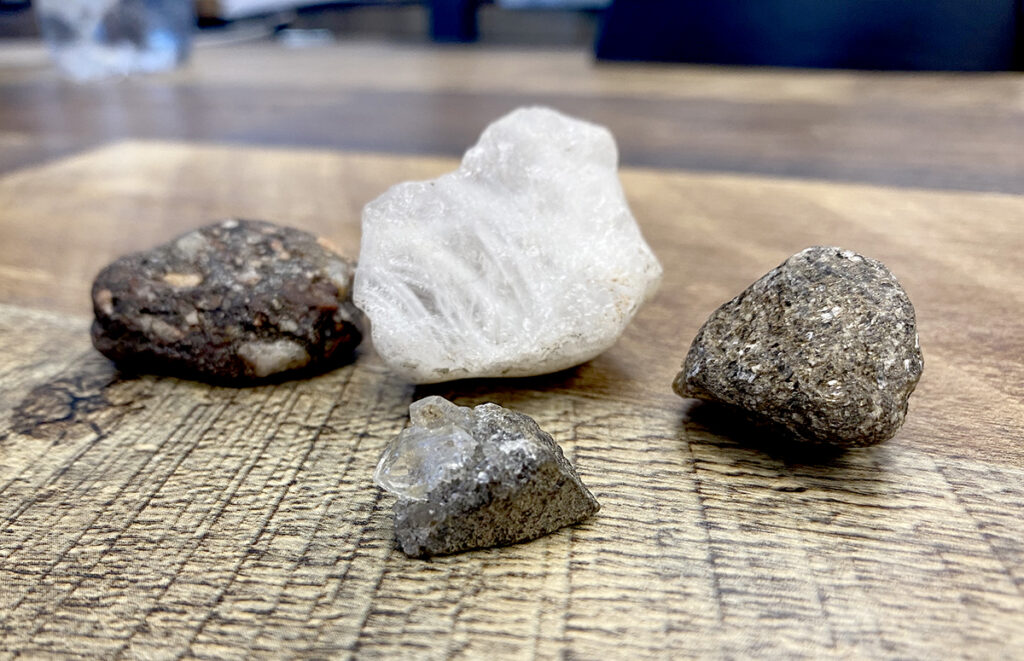Burn ban in effect statewide through Nov. 30

Governor Kathy Hochul has announced a state-wide burn ban in light of the ongoing historic drought conditions. A state-wide drought watch is also in effect, with 15 counties upstate elevated to drought warning.
“Recent unseasonably warm weather and lack of precipitation have led to dry conditions for many counties in New York, resulting in Hudson Valley and New York City area counties being elevated to drought warning status and a statewide drought watch,” Governor Hochul said in the announcement. “Local water restrictions and educating New Yorkers about how to help conserve water resources are crucial steps to help prevent a more severe shortage until conditions improve.”
Long Island’s fire danger is currently very high. The region is between 2 and 4 inches behind in typical rainfall for the season. Though wet weather is expected over the next few days, it likely will not be enough to mitigate the drought. The rain will be followed by several days of strong wind, which contributes to brushfires.
Because of the low humidity, leaves fall from the trees and lose their moisture almost immediately, adding to the difficult conditions. “Any kind of woods or open space, parks — everything’s extremely dry all the way through to the ground, where normally a lot of those older leaves would be wet and damp once you got down into the ground this time of year,” said Southold Town Supervisor Al Krupski.
Bagging leaves to remove fuel for brushfires and honoring the burn ban are some of the ways residents can help. “We need caution all the way through, until we get into a regular pattern of soaking rains again, where the ground is wet. Once the ground gets wet and stays wet, I think it will make a big difference,” said Mr. Krupski. “Right now, everything’s so dry, there’s nothing to stop any kind of fire and then it’ll smolder.”
Because of the state burn ban, Riverhead town has also “ordered that all recreational outdoor fires and burning activities, including but not limited to open burns, bonfires, fires on the beach and the use of fire pits” are prohibited until the declaration is expired.
In spite of the immediate ground cover being dry, there is plenty of supply for household tasks and drinking water. “The way water works on Long Island, it’s not as affected by precipitation. That’s the difference between a groundwater fed system like Long Island and a reservoir system. The wells that we draw from and the aquifer are not impacted in any way. It’s not like the Riverhead Water District or any groundwater supply on Long island is short. This is not impacting their ability to supply. Surface reservoirs are more dependent on the precipitation they experience, but the aquifer is like a giant sand sponge. The water we’re drawing is many decades old. This would have to persist for years to become an issue,” said Frank Mancini, superintendent of the Riverhead Water District.
Mr. Mancini did caution that residents may see rust in their water due to fire districts filling their tanker trucks, which can stir up sediment that is not being cleared. “If that would happen in the summertime, in the morning, the irrigation throughout town would just flush the system completely,” said Mr. Mancini. “[But] because they go down with a big truck and they fill up with thousands of gallons of water and then drive off to the fire [it doesn’t clear].”









